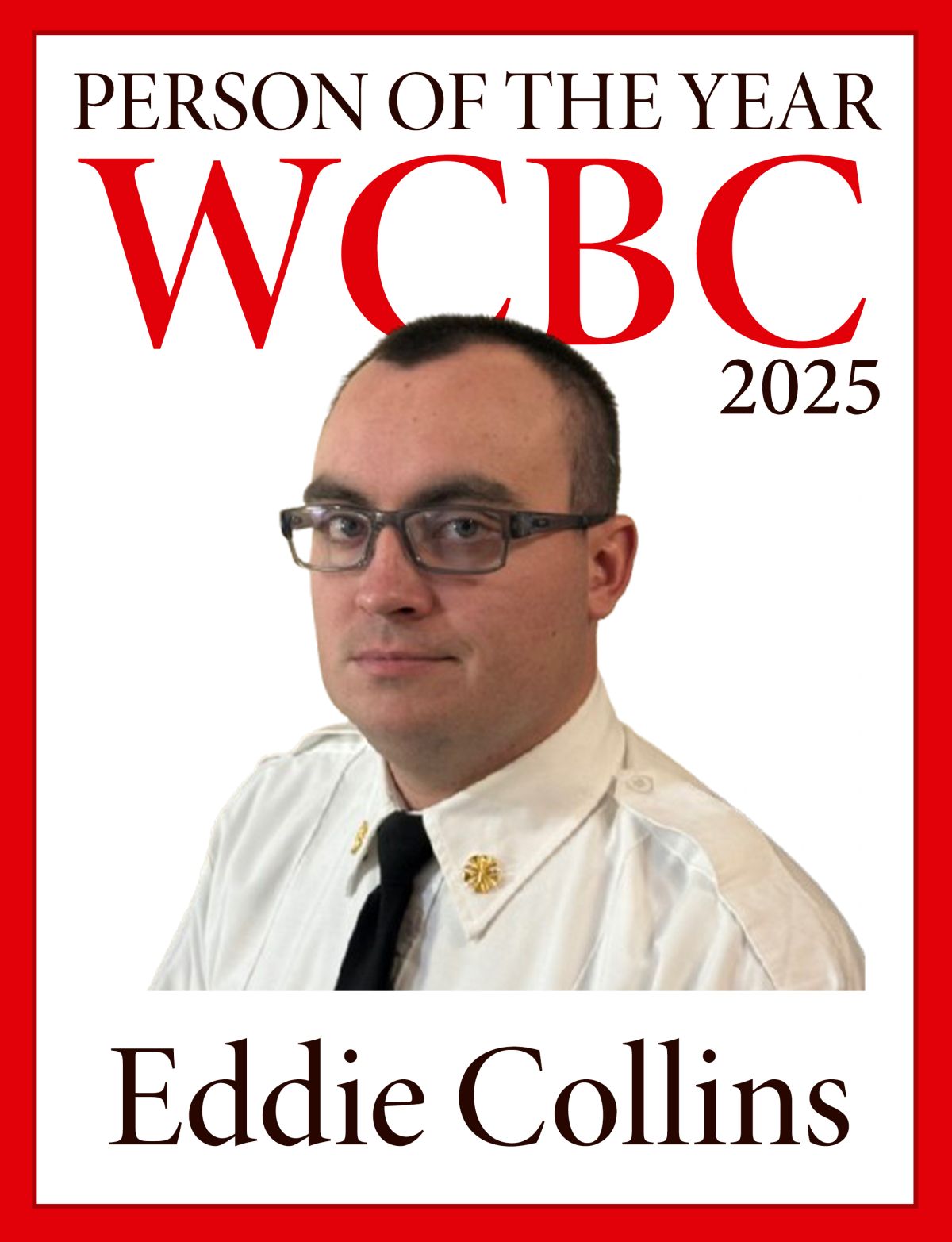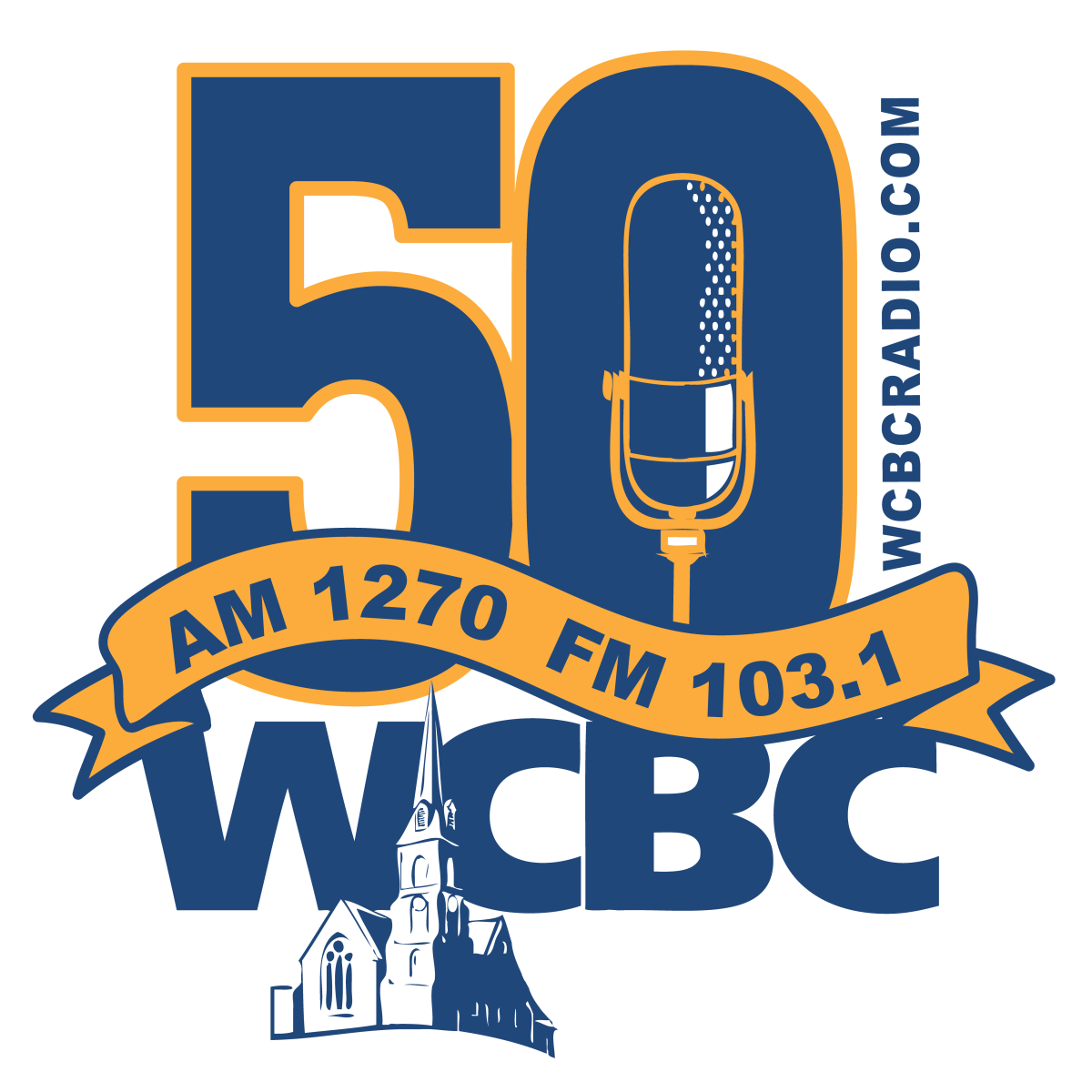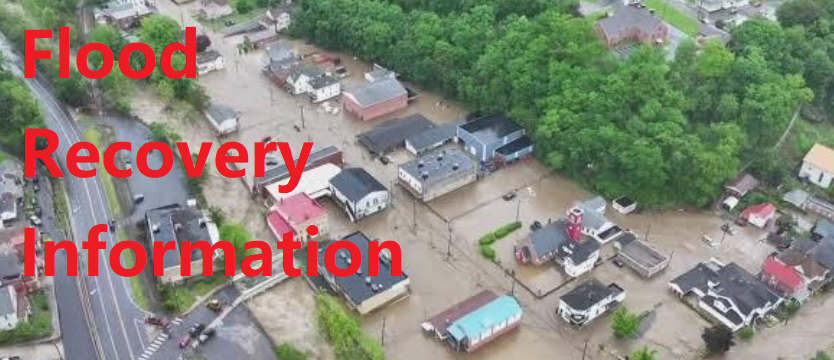April 3rd, 2020 by WCBC Radio
As state and local law enforcement officers are working throughout Maryland to educate citizens about the Governor's Executive Order and to enforce the law when necessary, State Police Superintendent Colonel Woodrow Jones III is urging the faith community to be informed and to voluntarily comply with the order as it applies to holding services.
"Maryland's law enforcement officers are dedicated to helping keep our citizens as safe as possible and are working diligently around the state to ensure the Governor's Executive Order is complied with," Colonel Jones said. "My hope is that our faith community leaders recognize the importance of the safety measures that have been implemented and will not risk the health of their congregations by holding services in a way that violates the regulations put in place during this emergency. Technology provides us all with unique alternatives that I hope will be implemented as a necessary and important option until it is safe to once again gather to worship in the way you choose to."
The Governor's Executive Order prohibits groups of more than 10 people from assembling and those groups of 10 or less must maintain social distancing of at least six feet between individuals. Churches, synagogues and mosques have been included in the list of 'non-essential businesses' that are required to close their normal operations. Some minimal operations at a religious facility can continue and have been defined by the Governor's Office of Legal Counsel as follows:
1. Drive-In Religious Services: Churches, synagogues, mosques, temples, and other similar religious
facilities of any faith (“religious facilities”) may conduct “drive-in” services, where participants
gather in their vehicles near the religious facility and participate in the service together by remote
means, subject to the following requirements, which are intended to protect public health, safety,
and welfare:
a. Participants may leave their homes to travel by vehicle to and from the religious facility,
and must remain in their vehicle at all times.
b. No vehicle may contain more than 10 persons, in accordance with paragraph III of the Order.
c. Participants may not interact physically with clergy, staff, or participants in other vehicles.
This includes, but is not limited to, collecting donations by basket or plate.
NEWS RELEASE
All persons charged with a crime are considered innocent until proven guilty in a court of law.
News releases are a service of the Maryland State Police.
Contact the Office of Media Communications at 410-653-4236 or e-mail at msp.media@maryland.gov.
Maryland State Police News Release
MARYLAND STATE POLICE
2. Limited In-Person Services: Clergy may conduct limited in-person services at their respective
religious facilities, and participants may leave their homes to travel to and from the religious
facility for such services, subject to the following requirements, which are intended to protect
public health, safety, and welfare:
a. No more than 10 persons, including clergy, staff and participants, may be present inside the
religious facility during the service.
b. Participants may not interact physically with clergy, staff, or participants. This includes, but
is not limited to, collecting donations by basket or plate.
c. Participants, clergy, and staff must (i) be at least six feet apart from one another at all times,
except for participants that are part of the same household; and (ii) comply with all applicable
guidance from the CDC and MDH regarding social distancing.
d. There must be at least a four hour gap between the end of one in-person service and the
beginning of the next in-person service. The religious facility should be cleaned between
services, in accordance with CDC cleaning and disinfection guidance.
3. Minimal Operations at Religious Facilities: Clergy and other staff of religious facilities are
permitted to continue conducting minimal operations under paragraph IV.c of the Order, provided
that they comply with all applicable guidance from the CDC and MDH regarding social distancing.
In the case of religious facilities, the term “minimal operations” includes, but is not necessarily
limited to, facilitating remote services.
Individuals in violation of the Governor's Executive Order may be arrested and charged with a misdemeanor offense that, upon conviction, could result in up to one year in jail and up to a $5,000 fine, or both. Those organizing/leading events and those attending in violation of the Governor's Executive Order could each be charged.





.jpg)













